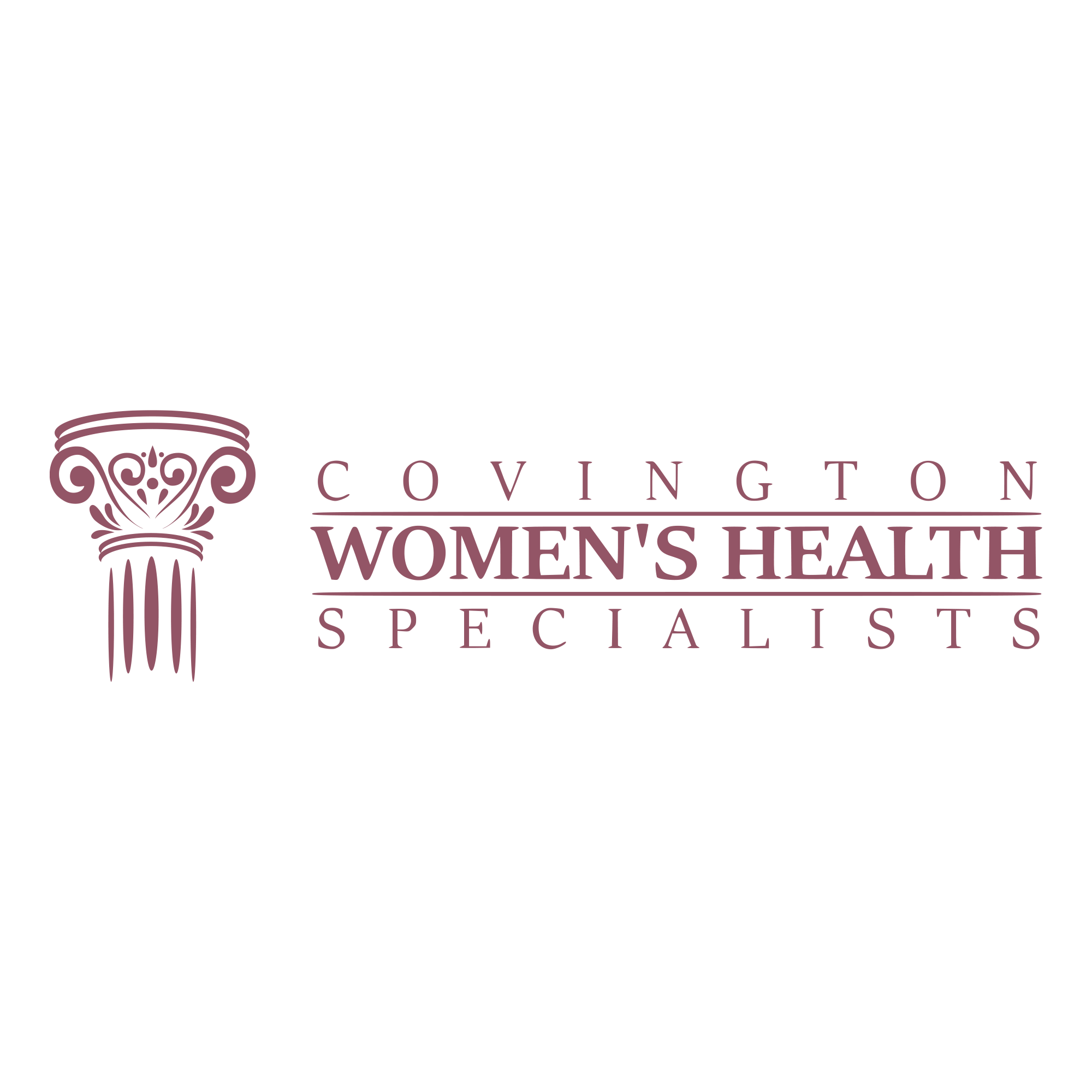Trans Healthcare: What Your Gynecologist Wants You to Know
At Covington Women’s Health Specialists, we pride ourselves on being a practice for and by women in our community. We also serve a demographic who needs gynecological healthcare just as much as everyone else: Transgender people.
What Does It Mean to be Transgender or Non-Binary?
People have identified as transgender and non-binary in multiple cultures as early as 5000 to 3000 B.C. Roughly 150,000 minors and 1.4 million adults living in the United States identify as transgender, according to the American College of Obstetricians and Gynecologists.
While a transgender person‘s identity differs from the sex that was assigned at birth, a non-binary person identifies as transgender or gender-nonconforming and does not identify as a man or woman on the gender spectrum.
Do Trans Men and Non-Binary People Even Need Gynecology Care?
Yes! Even after gender-affirming procedures like top surgery (a double mastectomy) or hysterectomy, trans men and nonbinary individuals are still recommended to have an annual gynecology exam. Additionally, while taking testosterone may lower fertility, this is not a reliable birth control method so these individuals should also seek medical consultation from their gynecologist regarding these needs.
For trans people who are interested in having children, fertility services and pregnancy care can still be performed. However, patients who are taking testosterone will need to get off of it when they are ready to take the next step.
Are Pap smears still necessary if I have never had penetration?
Yes! If you have your cervix, screening for cervical cancer is still needed. Most cervical cancers are caused by the Human Papillomavirus which is spread by genital to genital contact, oral to genital contact, and HPV can be spread while sharing toys. All people are at risk.
What Safety Issues Do Trans People Face in Healthcare?
Due to stigma, trans people deal with discrimination on a daily basis. Due to negative and traumatic experiences that many of them have had when accessing care, many avoid it out of fear of mistreatment, according to Contemporary OB/GYN.
They may also face barriers to accessing health care, according to the American College of Obstetricians and Gynecologists. Another study found that 26 percent of trans respondents had been denied healthcare and 52 percent had difficulty accessing health services.
How Can I Build Trust with My Gynecologist and Get Comfortable Talking About Sex?
Finding the right provider for you can involve trial and error. You still have to get out there and visit the practice in person to find the one for you! However, you can get a feel for their standard practices and values through their social media and website.
Discussing sexual activity with a healthcare provider can be awkward, no matter your gender or sexual identity. On top of that, trans and other LGBTQIA+ people may fear being judged or treated poorly due to their identity.
Communicate your needs with your provider on your terms and comfort level. This can include your sexual identity and gender pronouns. Being open about who you are allows your doctor to give you the best personalized care possible.
Are Medical Professionals Trained in Gender-Affirming Care?
Unfortunately, gender-affirming care is not an enforced practice right now, but the basic principle of this care is to provide a safe and supportive environment for all patients. While many gynecologists and endocrinologists have not received formal training in the care of transgender patients, on-line expert help and referral information is available to them.
We are constantly learning and understand that we need to grow with the changing needs of our patients. We will always try our best to accommodate everyone. We want the people in our community to be well taken care of and want to be a part of their community as well.
Gender-affirming healthcare services that we offer are hysterectomies and endometrial ablations to stop menstrual flow, refill of already established doses of masculinizing hormone replacement therapy, and reproductive counseling. We hope to continue being a safe place for all genders to receive their gynecological healthcare. Call us for an appointment at (770) 385-8954 or schedule one online.









